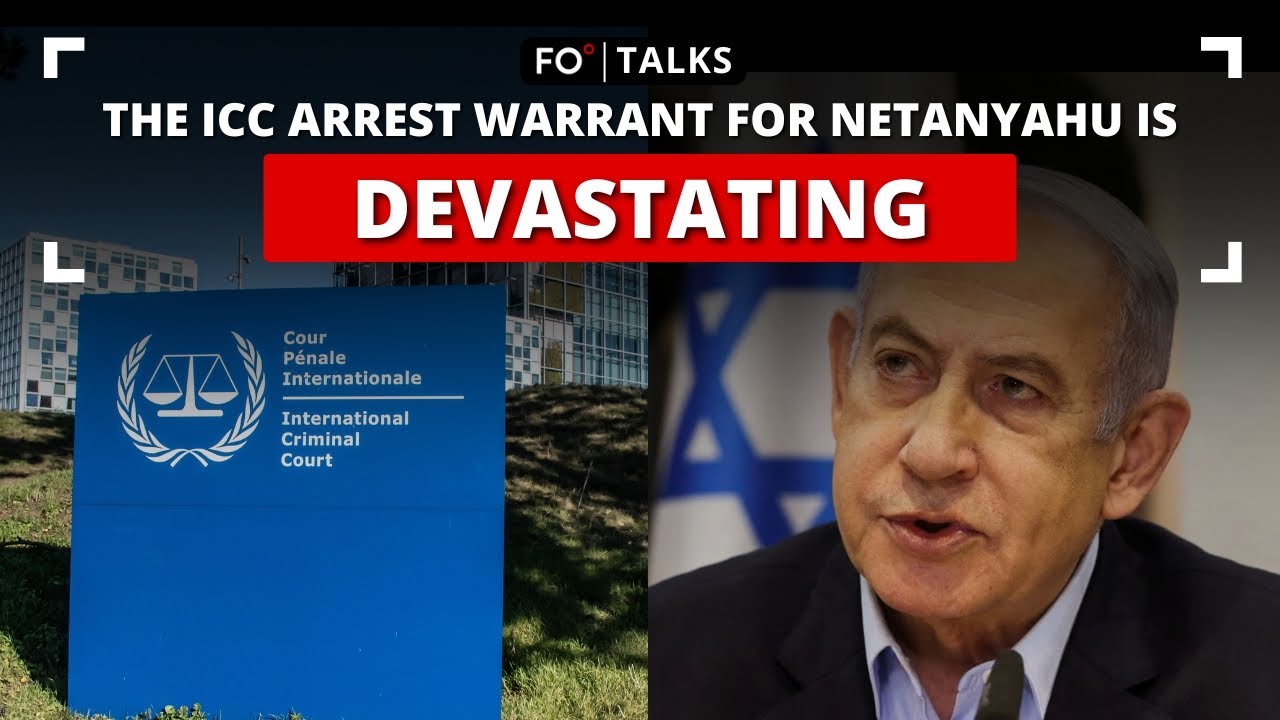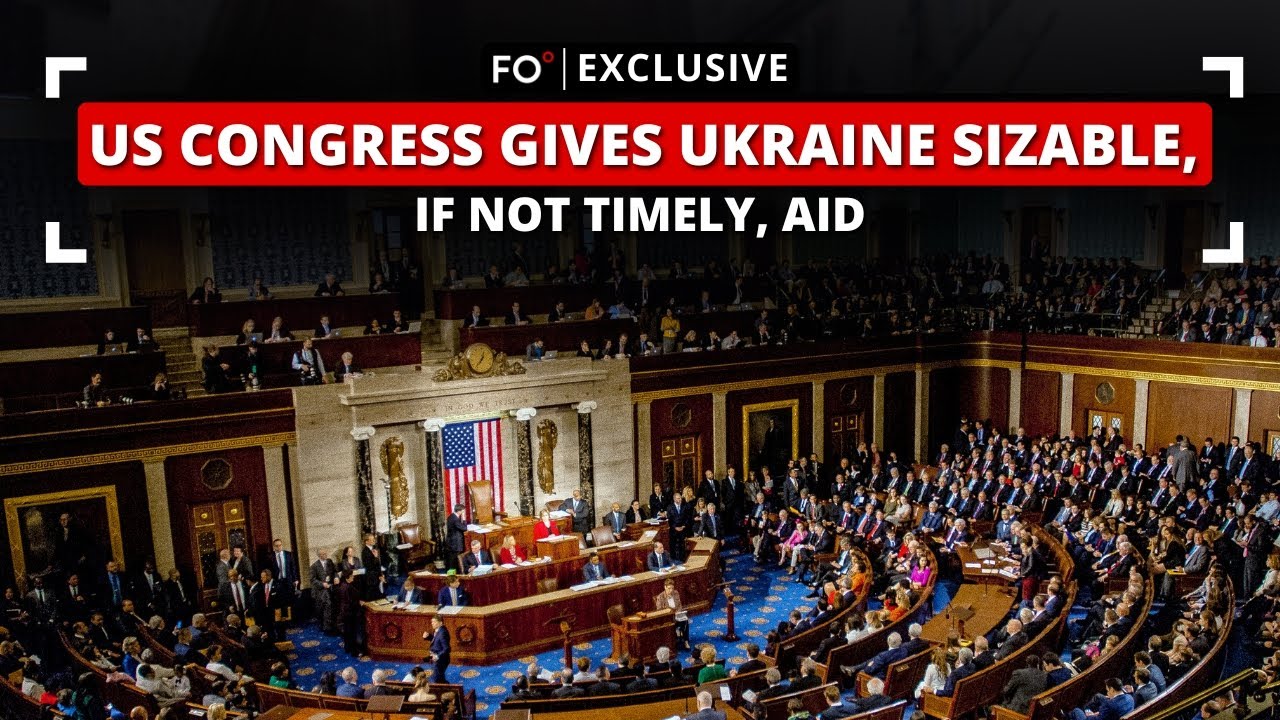Israel has planned its next move in its war against Palestine’s Hamas fighters: Troops will move on Rafah, the southernmost city in the Gaza Strip, bordering Egypt. This town has housed a large portion of Gaza’s population since the beginning of the conflict. It currently serves as the nation’s only safe haven, as well as a hub for humanitarian relief.
Hamas is battered but not defeated, having suffered extraordinary losses. Though real figures are unknown, Israel estimates that it has killed and captured half of Hamas’ population. It also confirms it has neutralized 75% of Hamas’ fighting force: 18 of 24 battalions. Casualties in Gaza, meanwhile, exceed 30,000.
Israel has heavily targeted Gaza’s underground tunnel system. Hamas uses this structure to house its fighters, command and control systems, leadership and hostages. The network is vulnerable but vast; Israel estimates it has destroyed half the tunnels. Nevertheless, Hamas can still use the remaining ones to shuttle its fighters from one end of the Gaza Strip to the other.
The diplomatic front has been active recently as well. Progress between the US, Qatar, Egypt and Israel looked promising early this month. Hamas proposed a promising counteroffer, one that would have provided a three-month suspension of fighting, a phased release of hostages and a move toward settlement. The countries agreed, sending US Secretary of State Antony Blinken to Jerusalem to present the offer to Israeli Prime Minister Benjamin Netanyahu. He rejected Blinken’s plan on February 7, 2024. Hamas was asking too much, he decided, and Israel was not interested in negotiating a ceasefire. So the carnage continues.
Since October 7, 2023, the international community has been deeply concerned that the Israel–Hamas War could escalate, dragging more nations into the battle. This would see Hezbollah, a Lebanese militant group, threatening northern Israel and the West Bank with rocket fire. It would also prompt the involvement of the Houthi fighters in Yemen, as well as militia groups in eastern Syria and western Iraq.
Sporadic attacks have increased in number and lethality. One prominent example is the recent January 29 attack on the US outpost in northeastern Jordan, which killed three US soldiers. The US response has been vigorous, especially against militia groups in Iraq. A US strike killed a Kata'ib Hezbollah leader in Baghdad, infuriating the Iraqi Government.
So the war has indeed escalated. Fortunately, the combatants have been able to avoid the gravest worry most parties have: all-out war between Israeli and Hezbollah troops in northern Israel and southern Lebanon. Though they have had their skirmishes, neither side wants to cross the line and trigger a conflagration on par with the brutal 2006 Lebanon War.
Strategic goals
The Axis of Resistance, comprising Iran and its militant allies in Syria, Iraq, Lebanon and elsewhere, is unified by an overriding desire to remove the US from the Middle East. These actors also want to eliminate the State of Israel, which is more likely to happen if the US abandons it.
Excluding Iran, the Axis parties are ruthless fighting organizations, not governing bodies. They care little about human rights or their people’s needs. This is especially true of Hamas — they ruled Gaza for 17 years. During their tenure, they pilfered public resources to build their Israel-fighting force while the Gazans suffered. These groups may also be sustaining the violence so they can continue living off the spoils of war.
The disparate groups have not coordinated their military actions, as demonstrated on October 7. It would make sense for Hamas to take Israel by surprise and have the others act simultaneously, but they did not. None of the parties, including Iran, knew the attack’s timing. This delivered a heavy message: If Hamas does not keep the Axis parties informed, they will not assist in Hamas’ time of need. Perhaps this is why Hezbollah has not wholeheartedly engaged.
Geopolitical and economic risks
Yemen’s Houthi militia has accidentally globalized the conflict, specifically by expanding it to the Red Sea. It has attacked shipping vessels traveling through the Suez Canal and Bab-el-Mandeb, two major shipping routes. Striking a cargo ship with a drone is cheap and easy for Houthi fighters, but has a serious effect on the world economy.
When these attacks occur, shipping companies have to reroute ships. Cargo that would normally travel through Bab-el-Mandeb must now be rerouted around the Cape of Good Hope, which adds fuel, labor and insurance costs to the process. Increasing the shipping cost consequently increases the consumer cost, resulting in inflation. The marketplace cannot correct this.
Several populations in Europe and Asia, especially China, rely on Red Sea trading. This has seriously disrupted trade in Europe and Asia. North and Latin America can trade with Europe and Asia without the Suez Canal, but they are experiencing another problem: a drought in the Panama Canal. With the canal’s level lowered, operators must lessen the traffic passing through it, thus reducing trade. While the economic impact is currently minor, it will increase the longer this crisis lasts.
Europe will have a tough decade. Russian energy is now expensive, China is suffering from deflation, and the US has turned protectionist. On top of that, the Russo–Ukrainian War marches on with no end in sight. When conflicts increase costs to Europe’s economy and bottleneck the trade there, international confidence in that trade drops.
Instability in the face of the Israel–Hamas War is a growing concern around the globe. As these fears grip world leaders, conservative or autocratic figures often rise to “fix things.” When a country’s economy is deprived of critical inputs (ie oil or microchips), that country becomes aggressive, as seen with the two World Wars. Protectionism prompts this response, which can be destabilizing.
Is another great conflict on the way?
It is frightening to imagine the possibility of a new all-out war. Fortunately, the major parties know the consequences of another global war and will work to prevent it. Widescale nuclear bombardments would make Earth uninhabitable.
However, chaotic non-state actors like Hezbollah do not care about governance. They fight for the sake of causing destruction and lack the guard rails that established governments (e.g., the US, China and Russia) have.
Barring the US and its allies, all the adversaries here are ruled by autocrats. Rulers with absolute power are unpredictable and opportunistic. How can the US deal with autocrats, especially when it feels compelled to use its powers for its own interests?
What happens in our world is determined and exacerbated by the information space. An information war rages as every major player fights to spin a narrative. No one can control the space; anyone with Internet access can enter and spread all manner of disinformation. It is easy to fabricate the truth with AI. When people cannot decide what is correct, they fall back on their biases instead of doing due research. Social media exacerbates this, as the algorithms and filters there create echo chambers.
We must hope that the US can bring the Israel–Hamas War to an end, for the security needs of Israel and the humanitarian needs of Gaza. If left unabated, this bloodshed will breed unrest and further wound the world stage.
[Lee Thompson-Kolar wrote the first draft of this piece.]
The views expressed in this article/video are the author’s own and do not necessarily reflect Fair Observer’s editorial policy.



































Comment